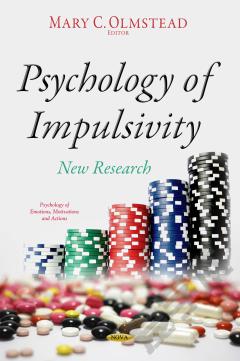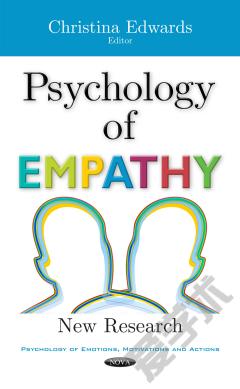Psychology of Self-Control: New Research
Self-control is an important aspect of human daily functioning. Humans must choose how to respond in stressful or emotional situations while simultaneously trying to limit poor decision-making. Effective self-control bolsters the ability to delay gratification, regulate social behaviors, mitigate mistakes, and make decisions. However, many variables can affect the human ability to utilize these attributes. This book provides new research on the psychology of self-control. The first chapter examines sleep habits and self-control. Chapter Two reviews student engagement in academic dishonesty and its link to a lack of self-control. Chapter Three provides a review of the studies that have focused on the relation between self-control and performance. The final chapter reviews research on self-control demands and present empirical evidence on interindividual and intraindividual resources, which buffer the adverse impact of self-control demands on employees’ well-being.
{{comment.content}}








 京公网安备 11010802027623号
京公网安备 11010802027623号